Once the glamorous and most liberal city of the Middle East, the center of fashion, nightlife, and entertainment, is on the verge of collapse. It was a long process, but things got much worse as of 2019 when the Lebanese pound started its freefall. The worldwide pandemic and the explosion of the 4th of August 2020 topped the financial crisis and deeply traumatized the country. I summed up all you need to know before your visit about the crisis and how all that affects your visit to Lebanon.
To make it clear, Lebanon is still safe, though protests can happen at any time. Always follow the news to stay updated.
The ultimate guide about how to spend 2 or 3 days in Beirut
The best things to do in Lebanon in 7- 10 days
During my stay, a Hezbollah and Amal-led protest broke out in an outer district at the Palace of Justice demanding the removal of the popular judge who led the investigations on the port explosion of 4th August 2020. The attack followed the judge ordering the interrogation and arrest of several high-ranking ministers regarding the case. After one year, the victims still wait for judgment and relief, but corruption has a hand in everything.
If you visit Lebanon now, you are a real helping hand for locals who desperately need foreign currency and are happy to welcome tourists. And for you, it means that Lebanon is probably the cheapest place to travel to.
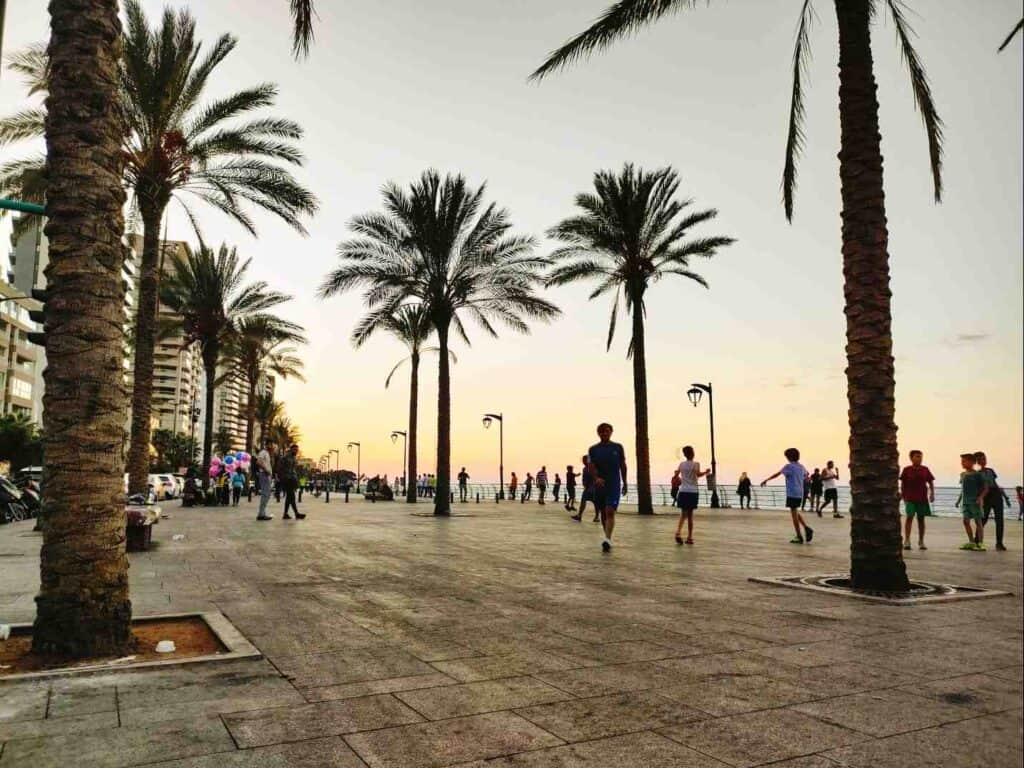
The country is going through the worst crisis in its history and is fighting for its survival. After the civil war (1975-1990), everybody expected things would turn for the better; however, the country gradually plunged into a deep crisis and can now be considered a failed state. Lebanese people can’t bear it anymore, and unless they receive urgent international aid, there is no hope. Even the famously optimistic Lebanese people are losing hope now.
I find it essential to describe the atmosphere and conditions in Lebanon right now (I visited in October 2021) so that you can better understand this crucial period.
Being aware of the country’s hardships helps you get deeply connected to a place and is a big step towards what we call meaningful travel.
What caused the economic crisis in Lebanon?
In short, the immense corruption of the Lebanese government is the main reason for the problems. The decades-long corrupt mismanagement of the country pushed it to the verge of collapse. The ruling elite is made up of mainly former militants from the Lebanese civil war that ended in 1990, over 30 years ago. And they still relentlessly fight to stay in power even at the cost of the people. But let’s see what exactly led to the dramatic situation.
After the war, the government based its entire economy on the financial sector, ignoring tourism and agriculture with the vision to become the bank center of the Middle East.
Banks offered high interest rates for the citizens, even up to 30%, to attract people to put their savings in the banks. They provided even more attractive interest rates if deposited in local currency. Economists advised against that, but the leaders did not listen. The state deficit was growing and private banks were lending money to the National Bank to finance the IMF credit payments as a temporary solution.
The system collapsed in 2019, and the Lebanese Pound (LBP) pegged to the dollar (1 USD = 1500 LBP) since 1990 started to evaluate. An average salary is now worth 50-100 USD. The politicians and the corrupt elite were obviously well aware of the upcoming collapse of the bank sector, as according to estimates, 3-4 billion dollars were transferred to foreign accounts in this period. But even if there was a hint that something could go very wrong, ordinary people had no chance to react to that. The bank sector denied the situation till the last moment.
The government froze people’s dollar savings denying access to that. Those who had local currency went to change it in extensive amounts to dollars, which made things even worse. It means that most people have their dollar savings in the bank with no access to that, probably lost forever.
The fundamental problem is that Lebanon is a country almost entirely dependent on imports. They need to import fuel, food, and other basic materials as the country overly invested in financial services to the detriment of all the other sectors.
The war in Syria is an extra burden for the country. Since 2011, 1.5 million Syrian refugees have arrived in Lebanon, adding to the hundreds of thousands of Palestinian refugees. Syrians being a cheaper labor force sparked resentment among locals, a great percentage of whom are unemployed.
On top of the financial crisis, the pandemic and the port explosion of the 4th of August 2020 was an extreme mental and financial loss for many Lebanese. Over 200 people died and 7000 injured. Many could not afford to renovate their houses, businesses and without aid, they had to shut their businesses and leave their homes. Even previously well-doing restaurants and hotels had to shut down. The government selectively accords funds for renovation for those having connections. Nobody is surprised anymore.
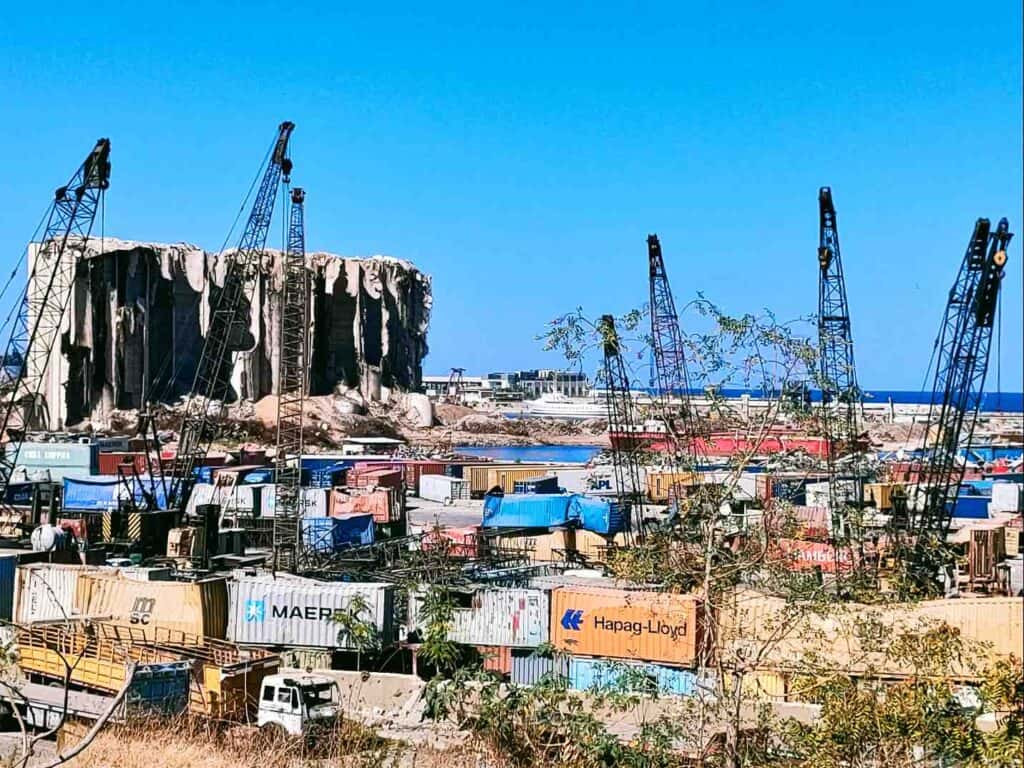
The crisis has several consequences apart from poverty. Alcohol and drug consumption is sharply increasing as it remains the way to forget about reality. The explosion made many Lebanese have post-traumatic stress disorder, anxiety, and depression.
But there is hope. A lot is happening in the background.
The 17th of October 2019 was a historic moment when the Lebanese youth, irrespective of being Sunni, Shia, Christian, or Druze, united at the Martyr’s Square to speak out for a better future.
Lebanon has sectarian governance, where the country’s president is always a Maronite Christian, the prime minister is Sunni, and the speaker of the Parliament is a Shia. The religious leaders promise protection, jobs, salary, health care for the people in return for their votes. The older generation still turns a blind eye to the corruption of their leaders for promises. However, the youth has a different mindset.
The youth and the diaspora can be the changing forces in the country. There is a massive shift in the young people’s mindset, which no longer tolerates the corrupt and sectarian-based governance that paralyzed the functioning of a state and pushed three-fourths of the population into poverty. Government services are almost non-existent; people are self-reliant in everything that under normal circumstances is the government’s duty.
The elections of May 2022 seem to be the last hope, a deadline of patience for many who stayed that thing would turn into a good direction.
How does the economic crisis affect daily life for locals and travelers?
1. Devaluated currency
The local currency got devaluated by 90% within two years. It means that people working for the same money earn 90% less than before. As mentioned before 1 USD equaled 1500 LBP till 2 years ago. Now 1 USD is approximately 20 000 LBP.
This makes Lebanon a very cheap travel destination. Apart from the accommodation that is still stated in dollars, everything else costs a fraction of what you pay at home.
2. Shortage of fuel and gas
There is a chronic fuel and electricity shortage in Lebanon. It forced its central power plants to shut down, stopping all state electricity for 24 hours in October during my stay. People and businesses rely on three or four times more expensive private generators, otherwise, the state only provides 3-4 hours of electricity a day.
After 6:30 pm, Lebanon turns into unusual darkness. However, life does not stop. Bars, restaurants, supermarkets, hotels switch to private generators.
“Welcome to Lebanon”—This has a different meaning now than before. Locals say it when the electricity cuts, a common thing now in Lebanon. When the light comes back, they celebrate it with a clap or a joyful acclamation.
Low-budget hotels have electricity shortcuts occasionally and during the night, but it is not a problem most of the time. Mid-range and upper-class hotels guarantee 24-hour electricity supply for the guests.
Tips for your stay:
If your hotel does not have 24-hour electricity, ask about the timeframe so that you can charge your devices, but usually, electricity cuts are during the day when you are anyway out of your room.
It is essential to buy a sim card to stay connected even if there is a network disturbance.
When renting a car, keep in mind that petrol stations can be short of fuel and there can be long queues. Although the soaring fuel prices stop many from driving, fuel shortages can still happen, and many petrol stations are closed. When your tank is half-full, look for a petrol station to fill it up to avoid running out of that, especially in remote areas of the countryside.
3. Massive immigration
Except for the religious and political elite, the country became unlivable for the rest. Many either already left, or plan to leave. 60% of the people live under the poverty line, and unemployment also amounts to 60% among the young.
Lebanon is a failed state, but it all started decades ago and became irreversible during the last years. From 1990 until today, a third of the workforce, primarily young skilled people left during peacetime.
4. Less intense nightlife and liveliness
Beirut still looks lively, but locals say it is far from what it was before the crisis, when “day and night were the same”, and life did not stop in the “Paris of the Middle East”.
Before, everybody could afford a decent life. The poor, the middle-class, and the wealthy all mingled, and even the poorest could afford a decent lifestyle.
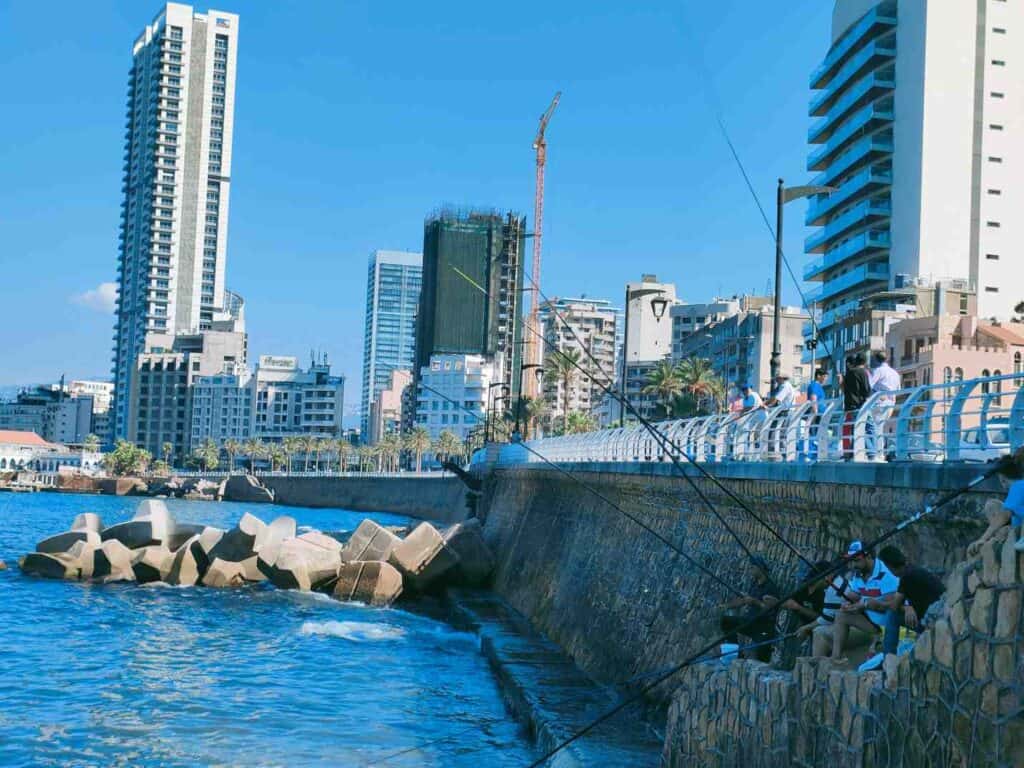
Pubs, nightclubs were full, and the city was never quiet. The love for enjoyment made the Lebanese people famous in the Middle East and attracted visitors from the Gulf in masses who wanted to share this energy in a much more liberal country.
It may not be as lively as before, but there are several opportunities to have fun and see the magic of this Mediterranean country, and it will still touch your heart. It is incredible that during these hard times when reservedness and rudeness would be more understandable, I still experienced so much kindness and helpfulness. You will like Lebanon mostly because of its people.
You can still go to nice rooftop bars and nightclubs and enjoy the nightlife, but many places are half-empty and parties do not last till morning.
The best things to do in Lebanon in 7- 10 days
How to plan your trip to Lebanon?
Flight: Check the best flight deals on Skyscanner.
Insurance: Safetywing is a cheap travel and medical insurance that also covers COVID-related issues.
Car rental: It is easy to get from Beirut to the main cities along the coast (Tripoli, Byblos, Sidon, Tyre) or to Baalbek. However, public transportation to the countryside is often scarce. I highly recommend renting a car when you discover the mountain region. Discover Cars offers great options to rent a car in Beirut.
Accomodation: Since not all hotels are listed on booking.com, I recommend checking out Hotellook that integrates other hotel platforms, thus proposing more options. It is especially useful when you look for accommodation in the countryside. Hostelworld is another good option for finding low-budget accommodation, but it only covers Beirut and Tripoli.
Local tours: Viator and GetYourGuide offer a wide range of cultural, nature, or food tours in Lebanon. Check out my favorite Alternative Tour Beirut as well.
5. Poverty has become visible
“Now I see families eating from the garbage. It never happened before.” – said my friend in Lebanon.
Small boys and girls pop up around you in the street selling chewing gum and flowers or stand around the fast-food stands hoping for some extra portion or leftover.
Most families depend on the remittance of their ex-pat family members who send them foreign currency from abroad. Even buying water has become a problem for many, and they must drink tap water which makes the children sick. The most affected are the Syrian refugees.
Prices are soaring for locals: food, petrol, electricity, everything. Since the government removed fuel subventions, the increased delivery costs made also food more expensive. An increasing number of Lebanese have problems having a proper daily meal. Eating meat has become a feast for most families, and they must cut on the number of daily meals as well. Within 2 years, the food prices increased by 700%.
The Corniche, the seaside promenade in Beirut, showcases all the layers of the society: the rich who even benefited from the situation with savings in foreign currency abroad, the ordinary, and the impoverished people.
6. Shortened opening hours
The opening hours stated in the guidebooks rarely apply now. Many museums, offices (for example car rental) must close because of the electricity cuts in the capital around 2-3 pm.
Final thoughts
Even during the economic crisis, Lebanon is a great place to visit. This small country is a complete package with stunning mountain landscapes, long coasts and beaches, villages, ancient ruins in Baalbek, Tyre, and Anjar, and the best cuisine of the Middle East. Lebanon is safe, but the atmosphere is tense, protests are common. There is no reason to worry, just stay up-to-date. Staying in a hotel you are less or not affected at all by the electricity shortage. As I said, you can have a great time in Lebanon.
There is no better time to go to Lebanon because your presence matters!
“All people who come to visit Lebanon now are heroes.”- said our tour guide during a walking tour in Beirut.
Other articles about Lebanon
Travel to Lebanon during the economic crisis
A must-do local tour: Alternative tour Beirut
How to spend 2-3 days in Beirut
More articles about the Middle East
Jordan
The perfect Petra one and two-day itinerary in Petra
Visiting Jerash, Ajloun and Umm Qais
Jordan desert castles: a day trip from Amman
5, 7 and 10 day Jordan travel itineraries
Iran
What you can and cannot do in Iran
45 things you must know before traveling to Iran
The best books to read about Iran
The best 2-week itinerary in Iran (the classical route)
All you need to know about the Iranian currency
The best places to visit in Tehran (museums, palaces, religious sites)
The best things to do in Tehran
Travel guide to Tabriz, North Iran
Travel guide to Mashhad, the holy city of Iran
Best things to do in Lahijan, the city of tea in Iran
Best things to do in Ramsar at the Caspian Sea
Visit Varzaneh desert, Toudeshk, Mesr desert and Garmeh from Isfahan
45 tips before traveling to Iran
What is the dress code in Iran?
Iraq
All you need to know before traveling to Iraq
What to visit in Baghdad in 3-4 days
The best books to read about Iraq (constantly updated)
Visiting Lalish, the holy place of Yezidi people
Best places to visit in Iraq (+travel itinerary)

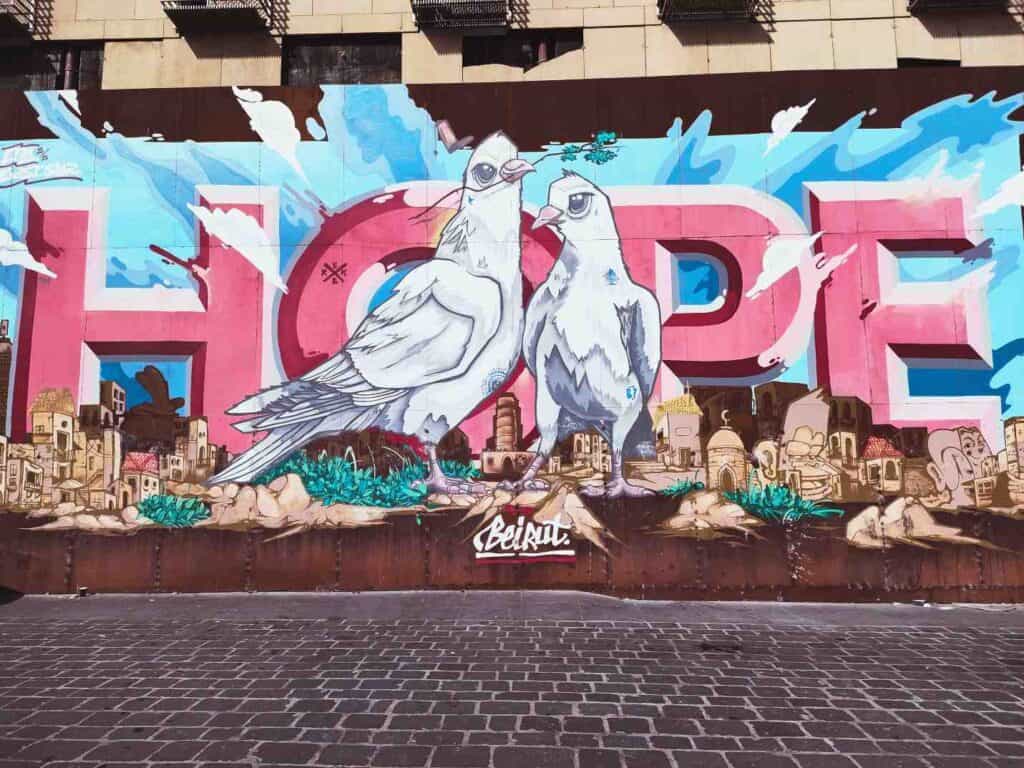

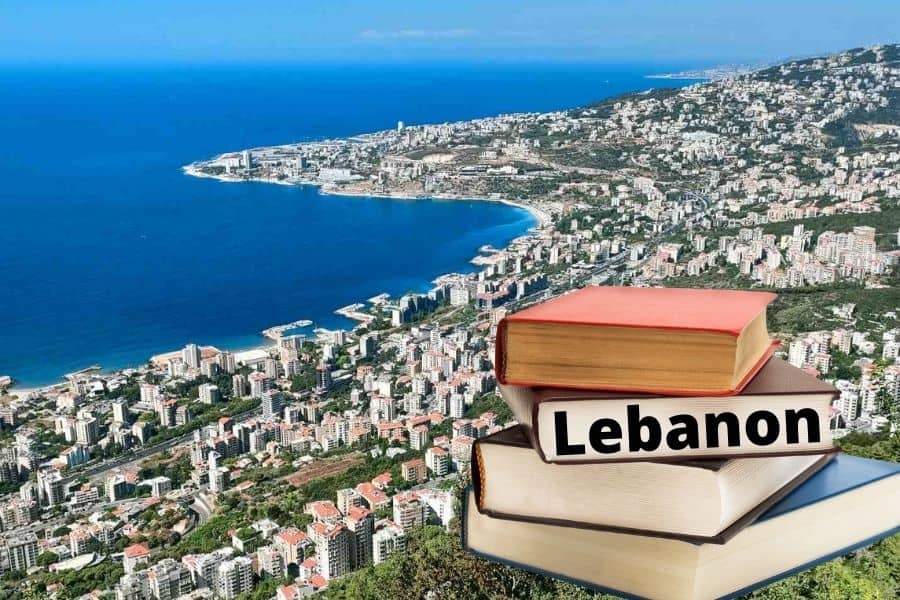
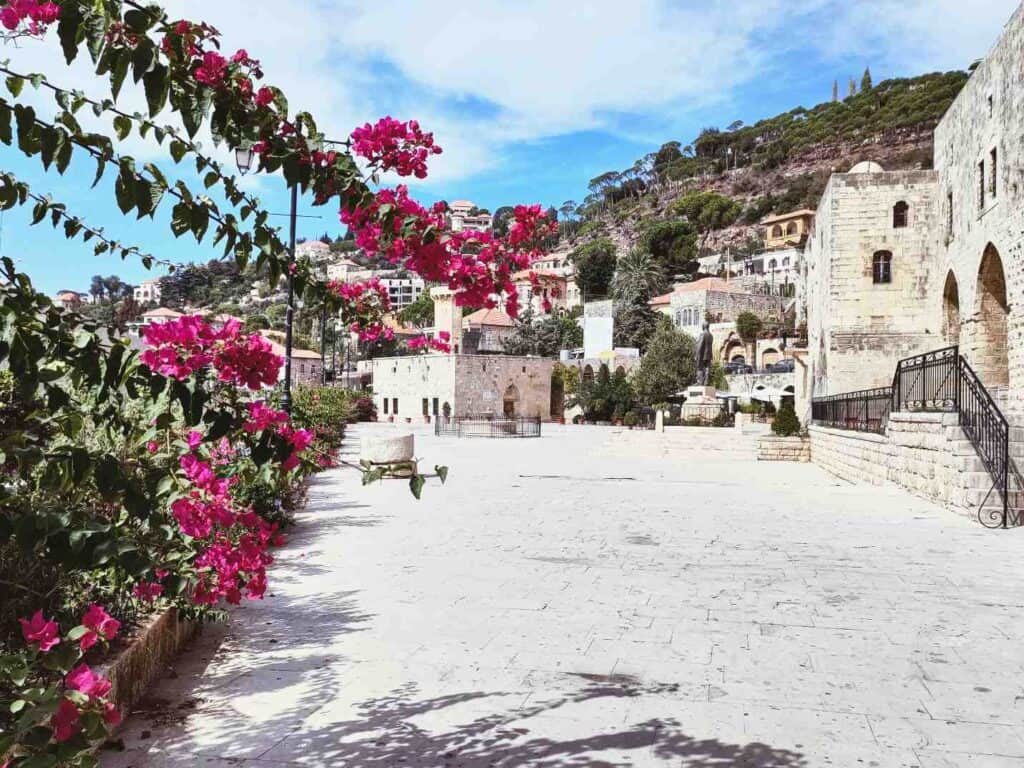
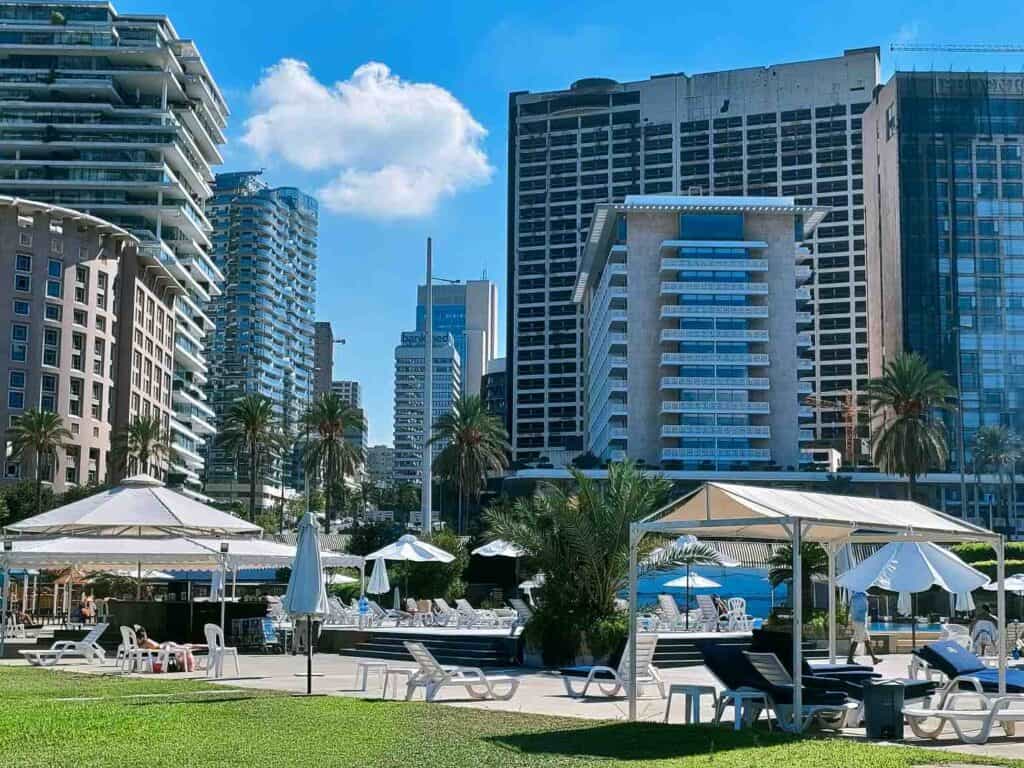
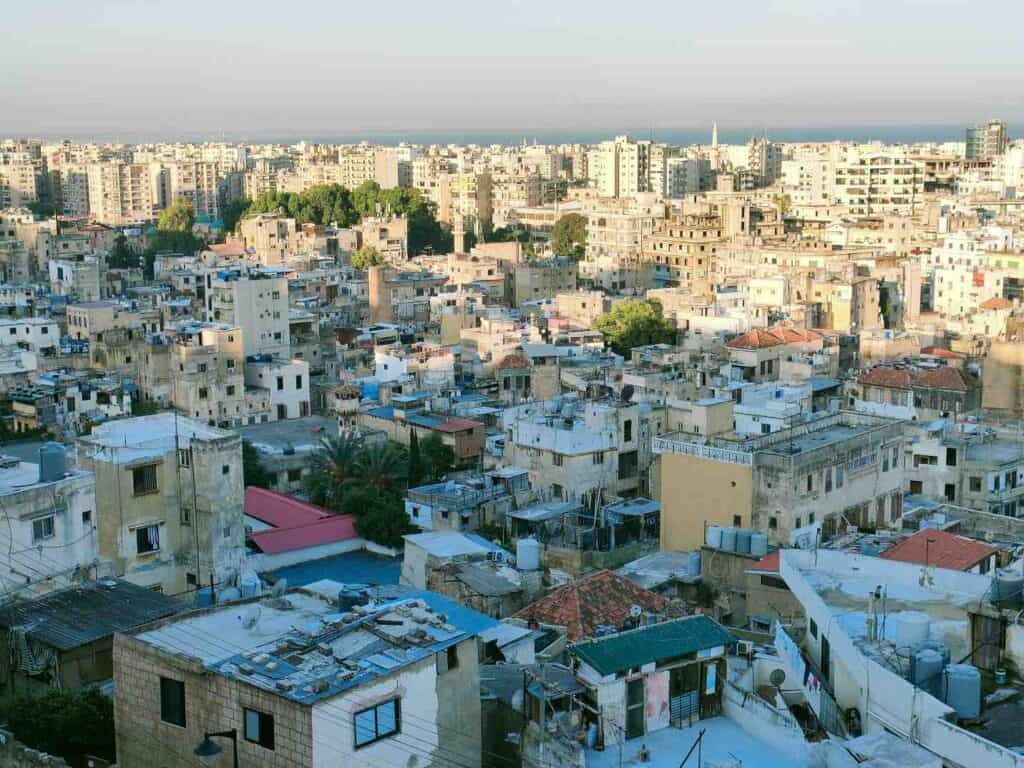
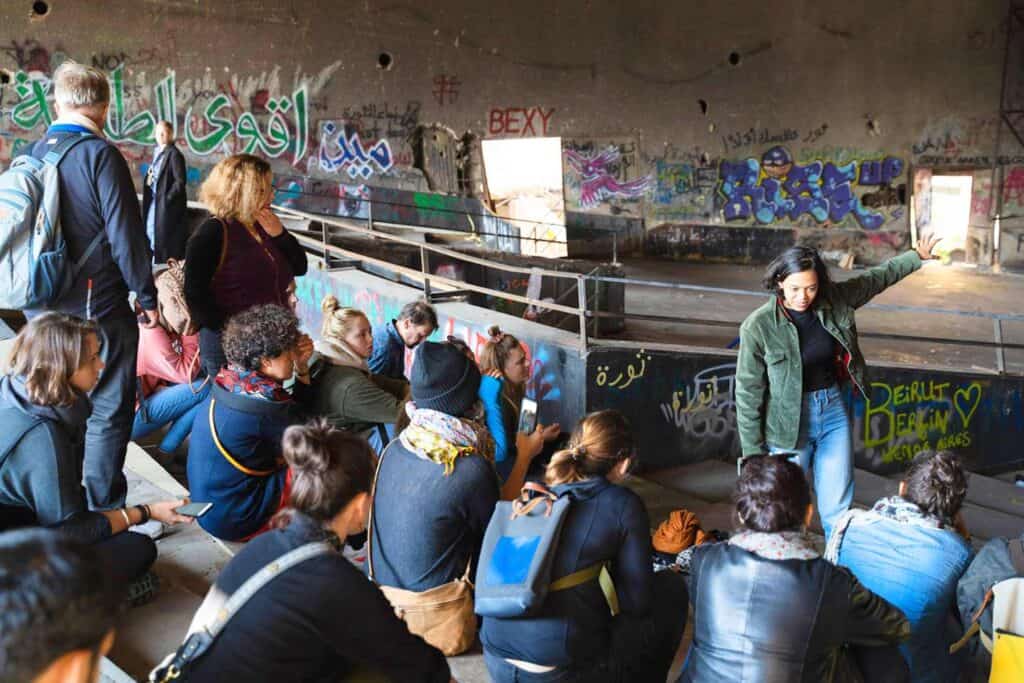
Thank you Agnes for this excellent blog! It explains very well not only the places to visit in the country, but most importantly, the history and background of its past and current situation. We are heading to Lebanon soon and your words written in this blog will come with us!
Thank you so much for your comment. It is important to have a realistic image of the country. I’m sure you will like Lebanon.